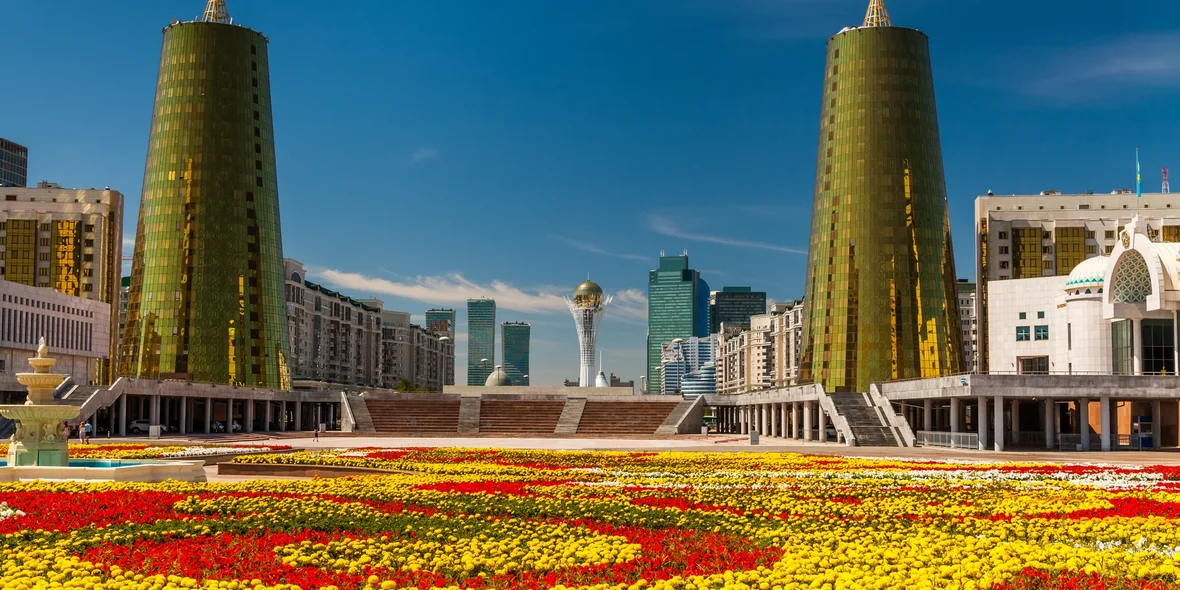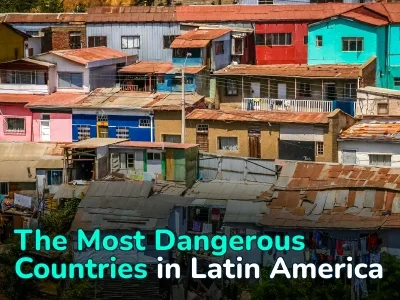
Kazakhstan Launches “Golden Visa” — All Details
Starting May 10, 2025, Kazakhstan has officially introduced its own version of a “golden visa.” Foreign investors can now obtain long-term residency in the Republic of Kazakhstan by investing at least $300,000 into the share capital of local companies or in securities.
The new visa is inspired by successful models in Europe, the UAE, and Singapore — but it’s not a carbon copy. It’s part of a broader national strategy to attract foreign capital and diversify the economy.
Kazakhstan’s Golden Visa
This new visa for investors offers applicants streamlined access to Kazakhstan’s market and the right to stay in the country long-term. The base investment threshold of $300,000 can be allocated to:
- The share capital of Kazakhstan-based companies incorporated under local law.
- Publicly listed securities on the Kazakhstan Stock Exchange (KASE) or the Astana International Financial Centre (AIFC).
Applications are submitted online via the government’s e-Gov portal or through Kazakh diplomatic missions abroad. Required documents include proof of fund transfers or asset purchases, along with a standard set of paperwork (passport, police clearance certificate, etc.).
Just the Tip of the “Golden” Iceberg
This visa isn’t a standalone project — it’s a key piece of Kazakhstan’s strategy to transform into Central Asia’s investment hub. In recent years, the country has actively cut red tape for foreign investors. Now, all it takes to start a business in Kazakhstan is to get an Individual Identification Number (IIN) and a digital signature. Kazakh Invest, the national investment agency, acts as a facilitator — helping investors register companies, obtain licenses, and, most importantly, connect with local partners.
Investors registering through the Astana International Financial Centre (AIFC) enjoy tax exemptions on global income and income from financial instruments listed within AIFC. In addition, Kazakhstan’s Special Economic Zones (SEZs) offer relief from corporate, land, and property taxes, plus zero import duties on equipment.
Why Kazakhstan Is Doing This
Kazakhstan’s economy has historically leaned heavily on raw materials, mainly oil and gas. Price swings in these sectors have made the national budget vulnerable, creating deficits when prices fall and windfalls when they rise.
The golden visa and related reforms aim to bring in more foreign direct investment (FDI) into high-tech and non-resource sectors like IT, green energy, agribusiness, and engineering. In 2024, FDI hit $28 billion. The government is now shooting for $35 billion by 2030.
That said, success is not a given. In 2024, Kazakhstan launched the Digital Nomad and Neo Nomad Visas to attract remote workers. Officials said these programs would bring significant investment from foreigners working for global companies while living in Kazakhstan. But in reality, fewer than 10 people applied in the first year.
Why? The terms simply weren’t competitive compared to similar European programs. And the same risk applies to the investor visa. With a $300,000 threshold — roughly on par with Greece and Portugal — Kazakhstan may struggle to stand out. But of course, time will tell.
Author
I write informative articles about real estate, investments, job opportunities, taxes, etc.























